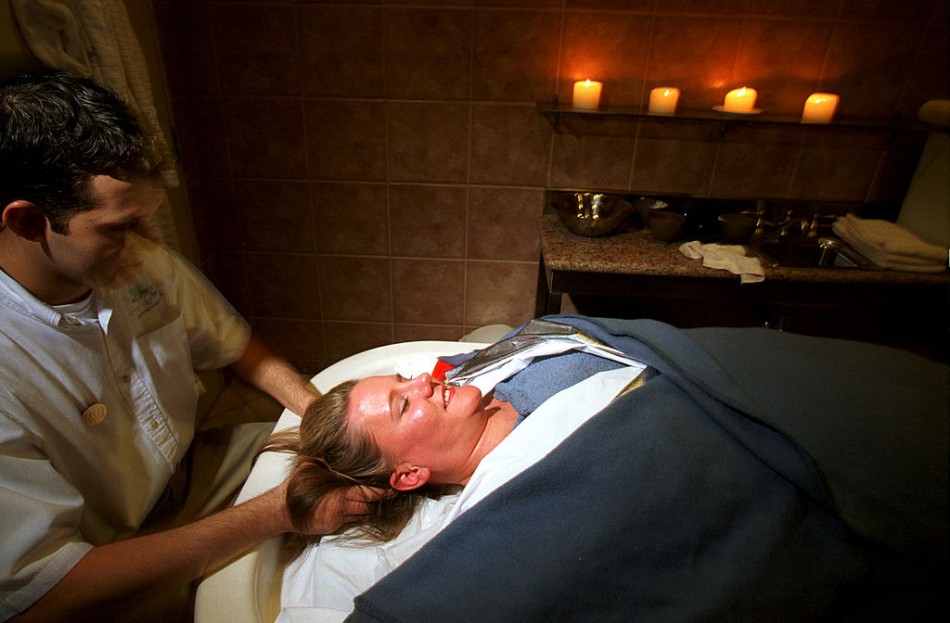5 Proven Drug-Free Ways to Deal With Migraines

Did you know that moms are three times more likely to suffer migraines than dads? Some migraines are too intense that it can weaken their ability to function. While plenty of drugs delivers quick pain relief, such as ibuprofen, some might prefer drug-free ways to deal with a migraine attack.
At least 10 percent of the world's general population experience migraine attacks, a condition that has plagued many humans as far back as the time of Ancient Greece. Even then, they have dealt with migraines with natural cures. But what are the most effective ways of dealing with migraines without reaching out for that painkiller?
Here are five suggestions:
1. Try cold or hot compress.
An ice pack could help constrict blood vessels that may be inflamed, trigging the migraine. According to a study published in the Hawai'i Journal of Medicine & Public Health, putting an ice pack for at least 30 minutes on the back of the neck may significantly reduce pain.
Consequently, applying a heated towel can help relax tensed and tight muscles around the neck that may be causing the troubling migraine. Parents may also get immediate relief after a hot shower.
Read Also: Father Wants Energy Drinks Banned After His Son Developed Addiction For Red Bull
2. Drink water, diluted fruit juice, or Gatorade.
Doctors who have studied people with chronic headaches believe that migraine sufferers are prone to dehydration. Thus, they are advised to drink water, diluted fruit juice, or Gatorade, especially if they are active individuals who enjoy the outdoors.
Gatorade or diluted fruit juices have carbohydrates that boost the body's blood sugar and reduce nausea that often comes with migraines.
3. Get a massage.
Massages are proven to work with relieving tension in the body. Studies have shown that the quality of life for migraine sufferers improves when they get at least two massages every week.
Some massage sessions may be boosted with other traditional techniques, such as aromatherapy, acupressure, or with the use of a Transcutaneous Electric Nerve Stimulation (TENS) machine that also promotes stress relief. Talk to your therapist about the best methods to apply in your case since migraine triggers are different for every person.
4. Take magnesium supplements.
Studies have linked magnesium deficiency to migraine triggers, so boosting your diet with migraine supplements and foods rich in magnesium could help reduce the attacks. Almonds, cashew, peanut butter, oatmeal, eggs, and milk should be in your regular diet, along with a daily intake of 500 milligrams of magnesium oxide. However, if you have a history of heart issues, talk to your doctor first before taking supplements to ensure that there are no risks.
5. Consider acupuncture.
If you're not afraid of needles, acupuncture, an ancient and traditional Chinese medicine practice, is now a widely accepted therapy for certain health conditions, including migraines, in Western medicine. A study from 2020 indicated that undergoing 20 sessions of acupuncture spread out in eight weeks helped lower the incidence of episodic migraine without aura, the most common type of migraine, in 150 patients.
Related Article: Head Trauma: Doctors Give Do's and Don'ts After a Head Injury
© 2024 ParentHerald.com All rights reserved. Do not reproduce without permission.
